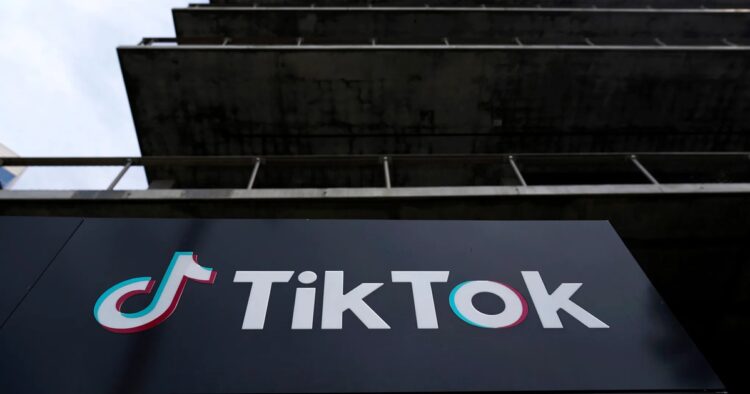House Republicans are set to vote on a bill that would compel Chinese company ByteDance to sell TikTok or face a U.S. ban. Despite former President Donald Trump’s concerns about national security, some Republican leaders, including Speaker Mike Johnson, strongly support the bill as a bipartisan effort to counter China’s influence.
Former President Trump, however, voiced his opposition, citing his belief in TikTok’s national security risk but expressing reluctance to ban the app. Trump argued that such a move would benefit Facebook, which he considers an “enemy of the people” due to concerns over its impact on elections.
The proposed legislation aims to address national security issues by requiring ByteDance to divest TikTok within six months to avoid a nationwide ban. Additionally, the bill establishes a process for the executive branch to restrict access to other apps posing security threats.
TikTok, with around 170 million U.S. users, has become a focal point in the 2024 presidential campaign. Despite concerns, President Biden’s campaign joined TikTok, acknowledging national security worries and endorsing the bill that could lead to the app’s ban.
The bill faces opposition from TikTok, which argues it infringes on First Amendment rights and negatively impacts millions of small businesses. Advocacy groups, including Heritage Action, support the legislation, emphasizing the importance of preventing social media companies from being controlled by foreign adversaries.
While Trump attempted to ban TikTok through executive orders, the courts blocked the action. President Biden banned TikTok’s use by federal government employees in 2022, citing security concerns. The FBI and FCC have warned of potential data sharing between ByteDance and China, although no evidence has been provided.
The bill’s fate hinges on Senate support, with at least 60 senators needed for passage. Some Republicans, like Sen. Josh Hawley, express encouragement, while concerns about data security fuel the push for TikTok’s sale, emphasizing potential risks if such information fell into the wrong hands.

















Comments